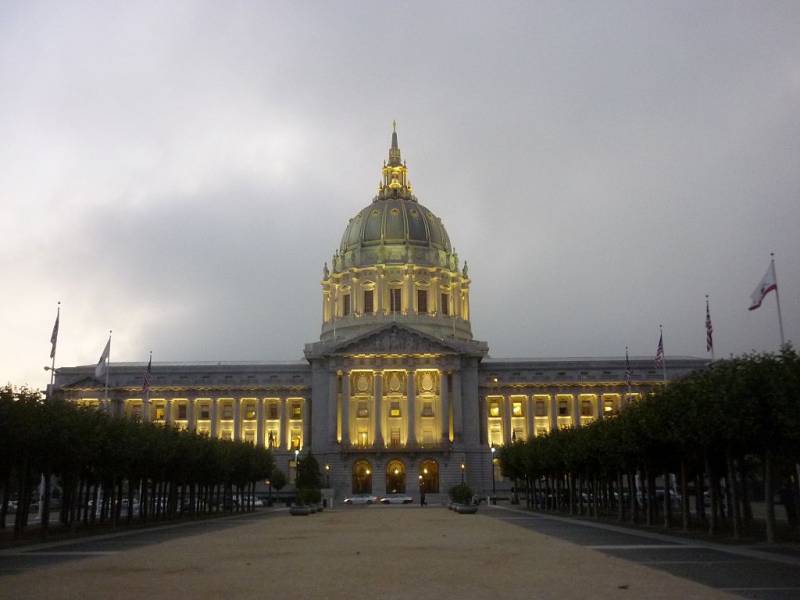With about 90 days until the November general election, KQED reporters are here to answer your questions about local, state and national races to get you ready for Election Day. Next Tuesday, Marisa Lagos will answer questions from readers about Vice President Kamala Harris, who officially became the Democratic presidential nominee this week. Sign up for KQED’s free News Daily email so you don’t miss any answers.
Keep reading for answers to your questions about the San Francisco mayoral race, or jump straight to:
What can the San Francisco mayor do to actually help address homelessness?
The San Francisco mayor has the ability to craft budgets, appoint department heads, introduce or veto legislation, and issue emergency orders to more efficiently direct resources — all important tools for tackling homelessness, one of the most pressing and complex issues facing both the city and state.
But many factors can lead someone to become unhoused — such as an eviction or illness — and that means tackling the issue requires a wide variety of approaches, from prevention to street outreach.
Under Mayor London Breed’s tenure, San Francisco’s temporary shelter supply has increased by more than 60%, according to the city’s Department of Homelessness and Supportive Housing; thousands of new permanent supportive housing units have come online, and the city has invested millions of dollars into affordable housing.

